Ørecomm Festival 2013
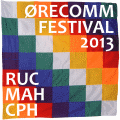 The Ørecomm Festival took place 13-16 September. A big thank you goes out to everyone who took part in the festival and made it to an incredibly inspiring event.
The Ørecomm Festival took place 13-16 September. A big thank you goes out to everyone who took part in the festival and made it to an incredibly inspiring event.
View the recorded streams from the festival here.
The film screenings of The Act of Killing and Surname Viet Given Name Nam weren’t live-streamed. There are also a couple of lectures that weren’t streamed – these are pointed out in the programme.
Read about the festival here: Day 1, Day 2, Day 3 and Day 4
Participate in social media with: #orecomm2013
About
The Ørecomm Festival is free and open to anyone with an interest in the relationship between media, communication and social change. The aim of the festival is to create a platform for discussion and exchange of knowledge between different actors in the Communication for Development field.
The programme offers a mix of lectures, paper presentations, workshops, panel discussions, film screenings and exhibitions that will explore this year’s festival theme Memory on Trial: Media, Citizenship and Social Justice.
The Festival will start in Roskilde (1 day), move on to Malmö (2 days) and close in Copenhagen (1 day).
Keynote speakers include Achille Mbembe (South Africa), Kendall R. Phillips (Usa), S. Elizabeth Bird (Usa), Thomas Hylland Eriksen (Norway), Miguel de Moragas Spa (Spain), Annette Markham (Denmark/Usa), Urvashi Butalia (India), Trinh T. Minh-ha (Vietnam) and Jo Tacchi (Australia).
We are also very proud to host a screening of the award-winning documentary The Act of Killing (dir. Joshua Oppenheimer, 2012), a film that is taking its starting point in the mass killings in Indonesia during the mid-1960s.
The Festival theme
Living memory is a process by which citizens create meaning of the present and near past. Living memory confirms, explores or challenges dominant understandings of societal development. The media are dominating agents of memory, producing as well as silencing tensions between living memories and established history. This conflict between official history and its alternative or silenced voices has become a central concern of media, communication and cultural studies. In recent decades, we have witnessed a memory turn in the humanities and social sciences, with implications for the field of communication for development.
The third Ørecomm Festival puts the memory turn under scrutiny, addressing living memories in relation to two other central components of public sphere engagement: citizenship and social justice. As citizens we (can) actualize or make a public – and in this making we inevitably engage with social justice. Citizenship and Social Justice are of primary importance in societal debates concerning what, how and for whom we should remember – not least in transitional processes of attempted healing and conciliation. Memory work may be decisive for a society’s ability to live and develop in peace. Festival organisers welcome investigations and interrogations of memory and how it affects aspirations for social justice and sustainable development.
For more information about the festival theme, see the Concept Note.
The Ørecomm Festivals 2011-2013: A collaboration between the universities of Roskilde, Denmark and Malmö, Sweden. The first Ørecomm Festival, Agency in the Mediatized World (2011) drew attention to the combined concepts of agency and mediatization. The second festival, Reclaiming the Public Sphere (2012) focused on the public sphere. This year’s Festival shares the concern of previous festivals with active citizenry and publics, but with the focus on memory and justice as inevitable priorities in battles to define the past and the future.

 New PhD opportunities at the University of Leicester
New PhD opportunities at the University of Leicester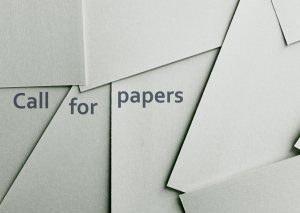 Call for Abstracts: New Directions in Media, Communication and Sociology (NDiMS) Conference
Call for Abstracts: New Directions in Media, Communication and Sociology (NDiMS) Conference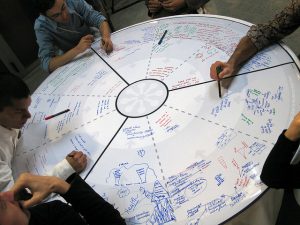 Ørecomm Team to Gather at the University of Coimbra
Ørecomm Team to Gather at the University of Coimbra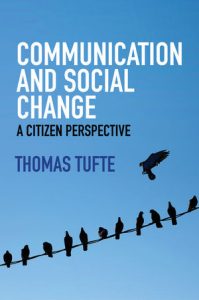 “Communication and Social Change – A Citizen Perspective” Published
“Communication and Social Change – A Citizen Perspective” Published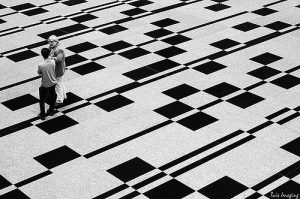 C4D Network to Sum Up Global Communication for Development Practice
C4D Network to Sum Up Global Communication for Development Practice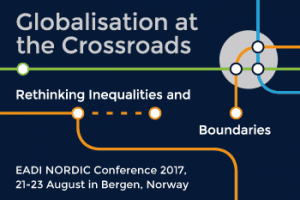 Entering Media and Communication into Development Conferences?
Entering Media and Communication into Development Conferences?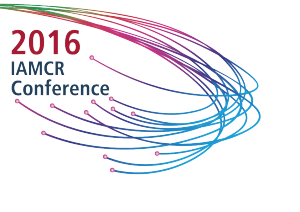 IAMCR Conference 2016: Communication for Development Highlights
IAMCR Conference 2016: Communication for Development Highlights Glocal Classroom Revisited – Storytelling & Social Change Leicester-Malmö
Glocal Classroom Revisited – Storytelling & Social Change Leicester-Malmö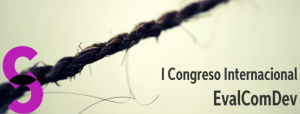 I EvalComDev International Conference: Call for Papers
I EvalComDev International Conference: Call for Papers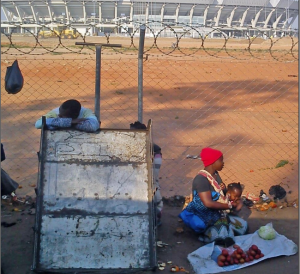 Looking for Media and Communication in Development Conferences: Devres 2016
Looking for Media and Communication in Development Conferences: Devres 2016